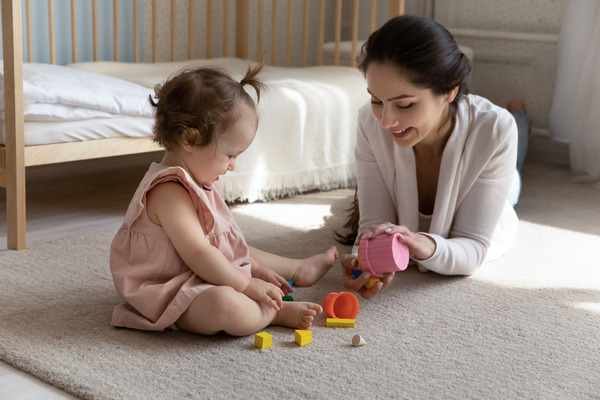Adulthood comes with a large set of responsibilities and complex tasks to face on a daily basis.
These kinds of challenges also include the way in which as adults we must relate to our own emotions. And doing everything possible to enhance our psychological well-being without totally depending on our parents is part of healthy adulthood.
Of course, no one is capable of completely controlling their emotions, but it is possible to gain mastery in the modulation of feelings and affects (oriented towards others and towards oneself). The experience that being adults gives us helps us make important progress once we reach the age of majority, but there are always exceptions and moments of weakness. In this sense, throughout this article we will a review of the most important psychological pillars to cultivate good self-esteem in adulthood
The main pillars of self-esteem in adults
Self-esteem is not a psychological element that is already given to us and about which we cannot do anything. Even if we do not realize it, we are constantly participating in its evolution, since what we do and how we manage our emotions has an impact on how we see ourselves and value ourselves.
Of course, The way we influence our self-esteem varies depending on the stages of life we are going through For example, being a child, a teenager, or an adult has implications for the following aspects of life that shape our interpretation of events:
This is just a sample of the variables that come into play in shaping a person’s self-esteem, self-esteem that also varies over the years or even months. Definitely, It is a complex process and unique to each individual , and for which there are no infallible magic recipes in all cases. However, there are several key ideas or guidelines to keep in mind to maintain an adequate level of self-esteem taking into account the lifestyle associated with adulthood in Western countries. Let’s see what they are.
1. Maintain circles of friends
Many people allow adulthood to go hand in hand with a progressive loss of friends, by letting family, domestic and/or professional responsibilities take up all their time and letting leisure be based on restful or individualistic activities. This can have a negative impact on self-esteem, leading to a poor social life associated with monotony the lack of incentives and the scarcity of situations in which to discover new facets of oneself.
2. Don’t base everything on social advancement
Climbing positions in the amount of income and purchasing power becomes a kind of substitute for real self-esteem in adults with a very busy professional life. At the moment in which this substitute for true self-acceptance is revealed for what it is, vital crises usually appear.

3. Get involved in projects controlled by yourself
We must not let the demands of the labor market capitalize on all our efforts to achieve important results in the medium and long term.
Also You have to know how to establish long-term goals and projects from your own terms , based on the values that oneself has. For example, writing a novel, building a cabin in the garden for our children to play in, studying a degree for the pleasure of learning about that topic, etc.
4. Learn to say no
Diplomacy plays a very important role in adult life, but that does not mean that we are obliged to always say “yes.” You have to learn to be assertive and master the ability to say no so as not to follow what others decide.
5. If you feel overwhelmed by the situation, seek professional help
Knowing when the time has come to go to psychological therapy is also part of establishing a healthy relationship with the roles of adulthood And this includes not blaming oneself for suffering or not being able to correctly manage one’s emotions.
Are you thinking about starting a psychotherapy process?
If you are interested in having professional psychological assistance for individual patients, families or couples, contact us.
In Psychology For We have been offering our psychotherapy services for more than two decades, and we also work in the areas of coaching, neuropsychology and coaching. You can find us in our center located in the Goya neighborhood of Madrid, or you can arrange a first online care session by video call.









